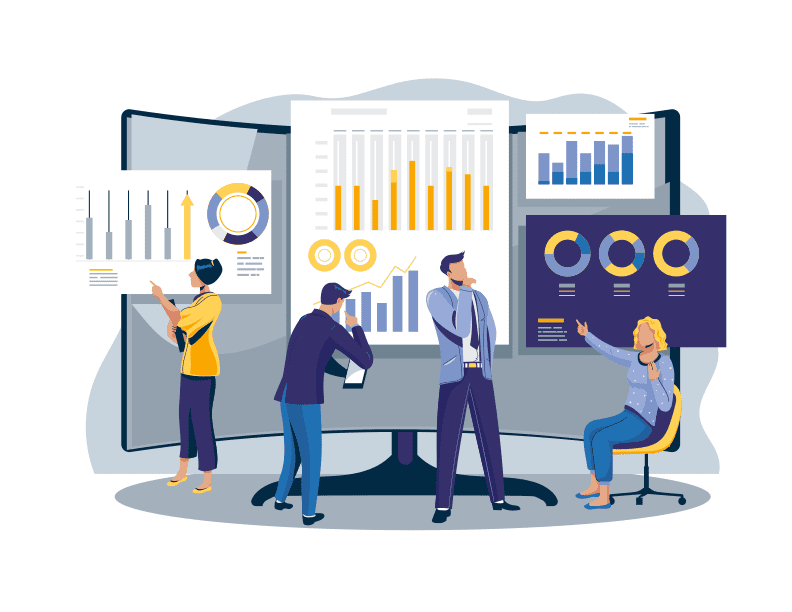Like most people, you probably feel like you’re constantly being bombarded with information. At all times, you’re feeling the need to check your email, scroll through social media, and read the news. And it can all be overwhelming.
Information overload can occur when we are confronted with too much information to process.
This can come from a variety of sources, including news media, social media, work, and more. When we are overloaded with information, it can be difficult to process and make sense of it all.
This can lead to problems with concentration, memory, and decision-making.
It can also cause anxiety, stress, and even depression. If you feel like you are struggling to keep up with the constant influx of information, it is important to take a step back. With proper self-care and management, you can avoid being overwhelmed by information and maintain a healthy balance in your life.
But what exactly is information overload?
Simply put, information overload occurs when we’re trying to process more information than our brains can handle.
There are several factors at play as to why we are so susceptible to information overload.
This includes the way our brains are wired and the increasing pace of the digital world we live in. Our brains are constantly scanning for new information and trying to make sense of the ever-changing landscape around us. And with the advent of 24/7 news cycles and social media, we are now exposed to more information than ever before. As a result, we often find ourselves struggling to keep up with the constant barrage of data.
Thus, being able to effectively manage the amount of information you take in is becoming increasingly important in today’s knowledge-based economy.
So what can we do to prevent information overload?
1. Be Selective
Be more selective about the sources of information we allow into our lives. Unsubscribe from emails that are not relevant, unfollow social media accounts that add negative noise and limit exposure to news sources that tend to be sensationalist.
2. “Information Detox”
Create dedicated “information detox” periods where we completely disconnect from all digital devices and account for a set period. This will help us to reset our brains and give us some much-needed perspective.
3. Evaluate Information
Finally, it is important to remember that not all information is equally valuable or worthy of our attention. By learning to identify the most important information and giving it our full attention, we can minimize the impact of information overload on our lives.

